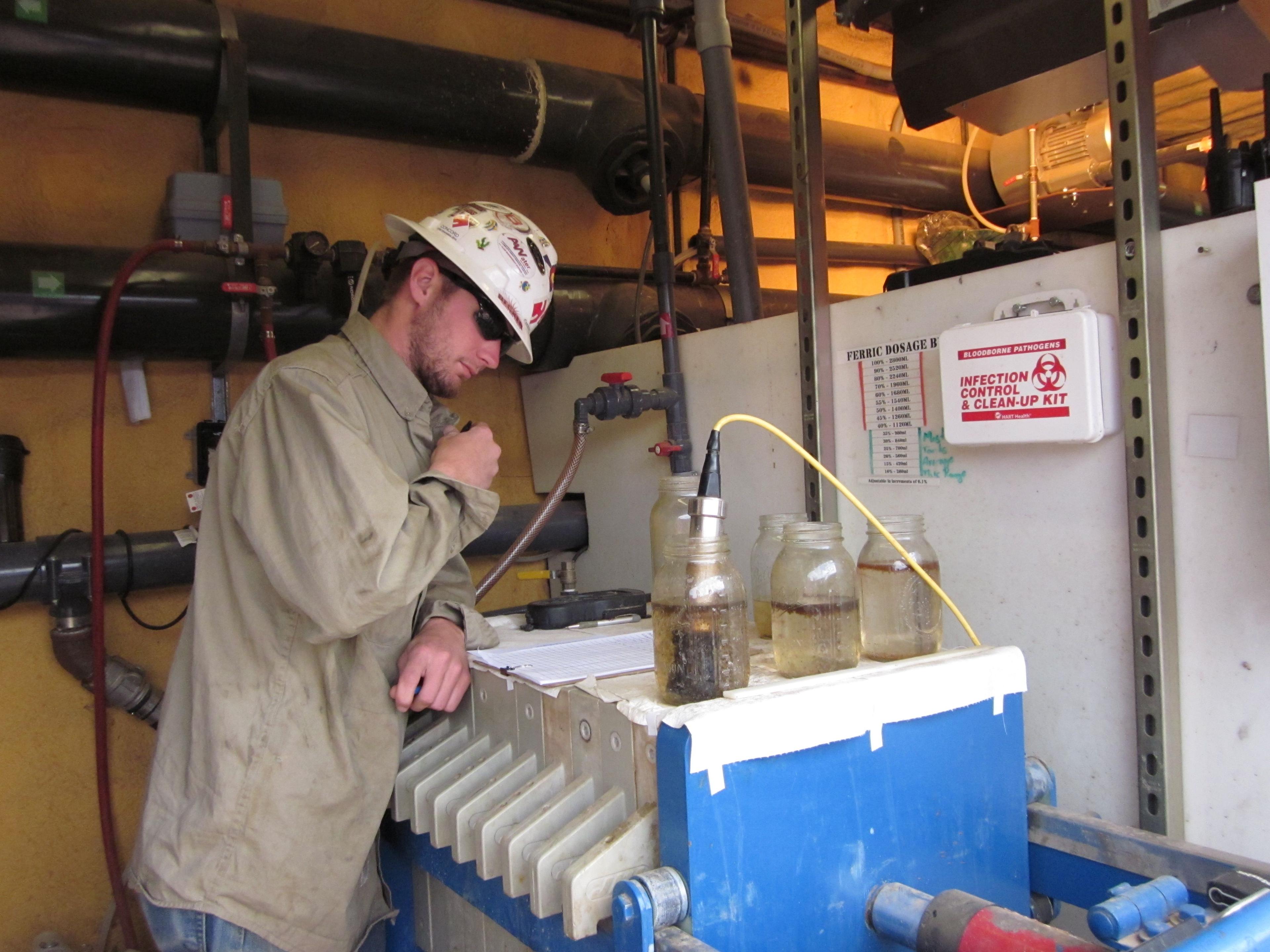
The state predicts Colorado’s oil and gas industry will use 6.2 billion gallons of water for fracking next year.
That’s enough water to fill more than 9,000 Olympic swimming pools – or twice as much water as the city of Boulder uses annually.
But the industry is quick to point out that those billions of gallons equal less than one percent of the state’s total annual water use.
Colorado Oil and Gas Association President Tisha Shuller stresses that the water used for fracking is a drop in the bucket compared to the amount farmers and ranchers use. Growing food consumes more than 85 percent of Colorado’s water every year.
But Ken Carlson, director of the Energy and Water Sustainability Center at Colorado State University, says comparing water use from oil and gas development and agriculture is a bit misleading, a “red herring.” Carlson says research (PDF) shows that most water used for fracking is usually gone forever – injected deep into the ground, where it remains in perpetuity.
In comparison, Carlson says 40 percent of the water used for agriculture returns to rivers and streams. And he says a city, which is the second largest use of water in Colorado, returns nine gallons of the 10 gallons that are withdrawn – 90 percent.
For example, Mike Eberhard, a completions manager for Anadarko Petroleum Corporation, says that if a well in Weld County requires 5 million gallons of fresh water for fracking, about 200,000 gallons of the water – a tiny fraction – will return to the surface. The fracking water that does return is called flowback.
But an additional 800,000 gallons of produced water will also return to the surface, along with oil and gas. Produced water is natural water that is deep in the earth. The water is generally salty, containing minerals such as barium, calcium, iron and magnesium, in addition to sodium chloride.
Traditionally oil and gas companies have had to dispose of all of the water. They’ve either trucked water to an injection well, pumped it deep underground or evaporated it in open pits. Today more and more companies are treating water and using it to drill again.
At WPX Energy on the Western Slope, the company recycled more than 250 million gallons of water at its treatment facility in Parachute, Colo. WPX officials say that’s close to 100 percent of the water the company used in fracking operations for new wells.
WPX engineer Tyler Bittner says the water the company recycled in 2013 would be enough to grow 769 acres of corn.
WPX treats water at an in-house recycling plant, which is an extensive operation of intricate piping systems, huge tanks, and storage ponds.
Plant supervisor Brad Kessler says the motivation for investing in that recycling plant goes beyond saving water.
Kessler says it's also about taking trucks off the road, noting that WPX has eliminated about 100,000 truckloads of water a year by putting in piping and pumping infrastructure in the Piceance Basin in Garfield County, Colo.
Other big players in the industry, like Anadarko and Noble Energy, are also investing millions in building water pipelines.
CSU water expert Ken Carlson says a lot of recycling is going on in southern and western Colorado but it remains low in Weld County, where most of the state’s drilling is underway.
Concrete numbers don’t exist because the state doesn’t require operators to recycle any water. In fact, it wasn’t until last year that the state even asked operators to start reporting recycling amounts. How good that data is depends on how accurate operators are when companies report the information.
The numbers that are known are anecdotal. Some of the largest operators in the state claim they’re recycling 50 percent of the water they use. High Sierra Energy , the largest recycler in the Weld County, estimates that it’s more like 10 percent in that region.
Environmentalists say they’re happy to see more oil and gas operators recycle water. But, they’re cautious.
Jeremy Nichols of Wild Earth Guardians, a western environmental advocacy organization, worries about the operators who aren’t recycling.
“It’s easier for a company to back a water truck up to a fire hydrant in Greeley than it is to build a water treatment facility to recycle processed water and recycle frack water that’s been used for other wells,” Nichols says.
Nichols says recycling as much water as possible is a must at time when the state is grappling with huge projected water shortages.
Meanwhile the state is emphasizing water conservation to help but the real question is whether substantial amounts of recycled water from the oil and gas industry could one day be added to the mix.








